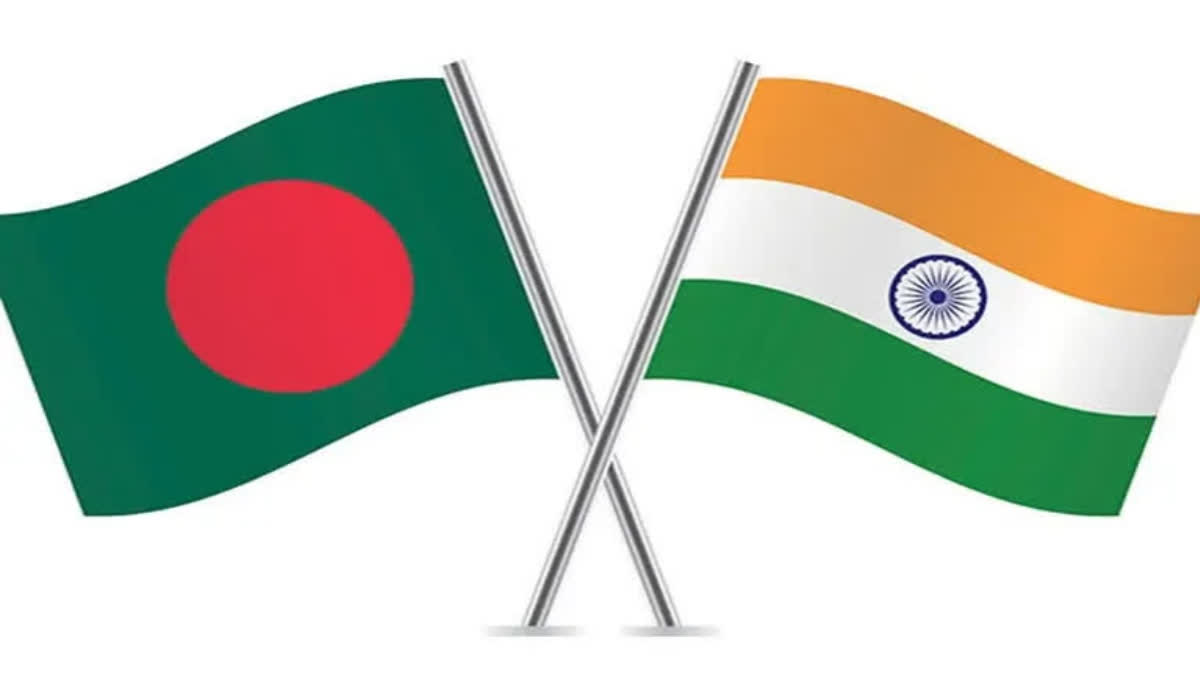New Delhi: Though India has so far maintained a neutral stance ahead of the Bangladesh parliamentary elections, it will be one of the nine observer nations during polling scheduled for January 7. Apart from India, the other nations that will be observers are Sri Lanka, China, Russia, Japan, Uzbekistan, Mauritius, Georgia and Palestine. Besides this, the Organisation of Islamic Cooperation (OIC), the Commonwealth and the Arab Parliament will observe the elections, according to Bangladesh foreign ministry spokesperson Seheli Sabrin. A four-member European Union expert panel is also in Dhaka to observe the polls.
However, the US is conspicuous by its absence as an observer nation. Washington, along with some other Western powers, has been voicing concerns about whether the elections would be “free and fair” without all parties participating in the process. It may be mentioned that the main opposition Bangladesh Nationalist Party (BNP) has decided to boycott the elections. It had demanded that the elections be held under a caretaker government. However, Prime Minister Sheikh Hasina did not accede to the demand.
As a result, Hasina’s ruling Awami League and its allies are now set to sweep the polls. Hasina is now set to become the Prime Minister for the fifth time. However, what has riled the ruling Awami League dispensation in Bangladesh is the continued interventions by Western powers, particularly the US, in the run-up to the elections. Earlier this year, the US imposed visa restrictions on Bangladeshi officials and political functionaries for what it called undermining the democratic electoral process.
US Ambassador to Bangladesh Peter Haas had met with the Chief Election Commissioner and wanted to meet leaders from the ruling party (Awami League), the opposition (BNP), and an extremist group (Jamaat-e-Islami). The primary goal, the US claimed, is to broker peace and encourage the opposition to participate in the elections.
Prime Minister Hasina has, however, alleged that the US is seeking a regime change in her country. Last month, US Ambassador to Bangladesh Peter Haas met Awami League general secretary Obaidul Quader to hand over an official letter sent by US Assistant Secretary of State for South and Central Asian Affairs Donald Lu calling for “dialogue without preconditions” among the three major parties Awami League, BNP and Jatiya Party to resolve what he called the political crisis over the upcoming election. While the BNP replied to Lu saying that it was open for discussions, the ruling Awami League rejected any dialogue.
Amidst all these developments, Russia last week alleged that the US would create an Arab Spring-like situation in Bangladesh after the elections. When asked about this, US State Department spokesperson Mathew Miller said, “We support free and fair elections in Bangladesh, and I don’t have any further comment from that.”
According to Western critics, the elections not being held under a caretaker government raises the question of the legitimacy of the whole process. It may be mentioned that, between 1991 and 2008, four elections were held with caretaker governments in place. Both the Awami League and the BNP were alternatively in power during this period.
However, after the Awami League came to power in 2008, it abolished the caretaker government system. This step was taken as the caretaker government installed ahead of the elections that year continued in power for two years and developed its agenda.
Following this, the BNP boycotted the 2014 parliamentary elections citing unfair conditions following months of protests, strikes and blockades. In the 2018 parliamentary elections, the BNP participated after being given assurances of a level playing field, but with its leader and former Prime Minister Khaleda Zia being ineligible to contest due to a previous conviction in a corruption case, the party was completely routed managing only seven seats in the country’s 350-seat Parliament.
So, will the question of the legitimacy of the electoral process this time around? “People in Bangladesh think that the Western perspective of the electoral process does not hold water,” Sharin Shajahan Naomi, an academic and social activist of Bangladesh, who is currently pursuing her post-doctoral fellowship at KREA University in India, told ETV Bharat. “Independent candidates are putting up a good fight against Awami League candidates. People are turning up in large numbers at political campaigns.”
